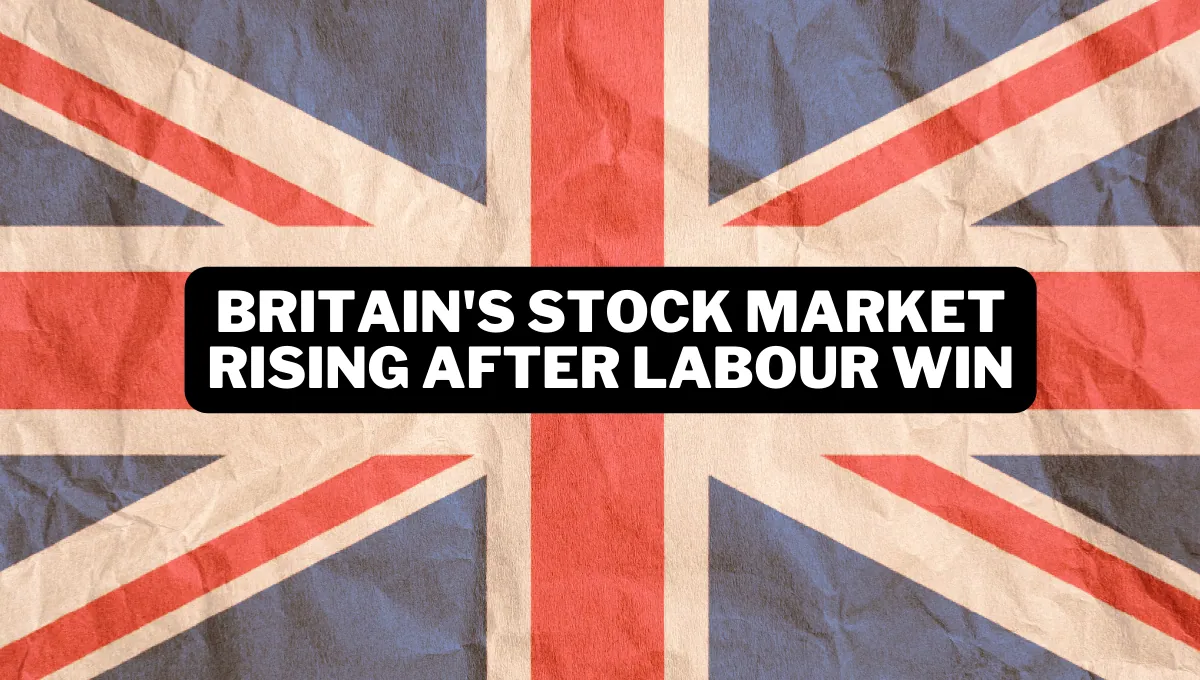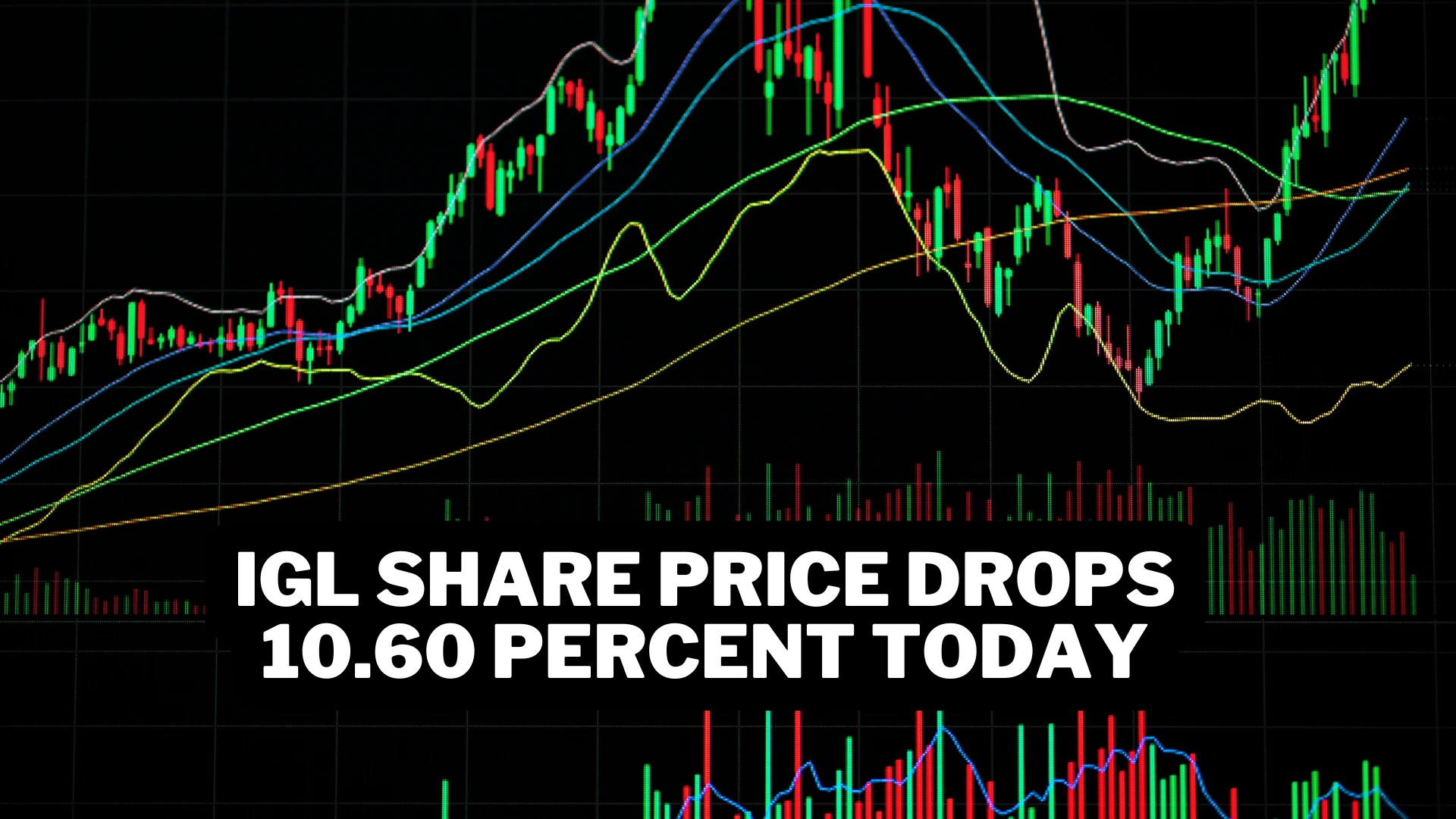Britain’s stock market is rising after the victory of a labour party in the UK. It shows the belief of the people to the promises of the party to gain the UK’s market to new heights.
FTSE 100 Gains Amid Labour Victory
The FTSE 100 Index surged by 0.4%, driven primarily by gains in the homebuilding sector. The British pound also showed strength, rising for the seventh consecutive day by 0.1% to approximately $1.277. Meanwhile, ten-year UK bond yields decreased by two basis points, settling at 4.17%.
Keir Starmer’s Leadership Brings New Hope
The election of Keir Starmer and his centre-left platform has ignited optimism among investors. The expectation is that his leadership will usher in a period of more moderate and stable British politics.
This marks a significant shift away from the fiscal volatility that plagued the bond markets in 2022.
With Labour achieving a clear majority in the House of Commons, Rishi Sunak has conceded defeat, paving the way for Starmer to assume the role of prime minister.
Investor Confidence Boosted by Stability
Adam Montanaro, a fund manager at Montanaro Asset Management, remarked, “After the political whipsawing of recent years, this result should provide investors with the certainty and stability they have been craving.”
This sentiment is reflected in the performance of British stocks, which are nearing record highs, and the reduction in bond market volatility.
The current political landscape positions the UK as a relatively tranquil market, especially in contrast to the political turbulence in the US and France.
Political Safe Haven for Investors
Lindsay James, a strategist at Quilter Investors, commented, “With political turmoil hitting other developed economies at the same time, this huge majority may present the UK to investors as somewhat of a political haven.”
This transformation is most evident in the performance of the British pound. This year, the pound has outperformed other currencies in the Group of 10, buoyed by higher interest rates and the anticipation of a gradual easing cycle by the Bank of England.
A measure of expected price fluctuations in the pound over the next month dropped to 5.76%, the lowest level since May.
Economic Challenges Ahead
Despite the positive market reaction, the new government faces a sluggish and fragile economy. Although inflation has decreased to the Bank of England’s 2% target, service prices remain stubbornly high.
The recovery from last year’s technical recession appears to be losing steam, as indicated by recent growth data.
However, anticipated interest rate cuts by the Bank of England in the coming months offer bond investors additional reasons to favor UK gilts.
National Debt and Bond Issuance Concerns
Market observers are closely monitoring for any indications of additional bond issuance to raise funds. The UK’s national debt, as a percentage of gross domestic product, is at its highest since the 1960s.
Britain is already committed to one of its largest annual borrowing sprees on record, and further increases could dampen investor appetite for gilts.
“For now, the markets will just be happy to get an election over and done with, and that should benefit market sentiment,” said Kyle Rodda, senior market analyst at Capital.Com.
Conclusion
The recent Labour victory has brought a wave of optimism to Britain’s financial markets.
The FTSE 100 Index’s rise, coupled with the strengthening of the pound and decreasing bond yields, highlights the positive market sentiment. Investors are hopeful that Keir Starmer’s leadership will provide the stability and certainty they have been seeking.
Despite economic challenges, the prospect of a more moderate political climate and anticipated interest rate cuts by the Bank of England are encouraging signs for the future of the UK’s financial markets.










